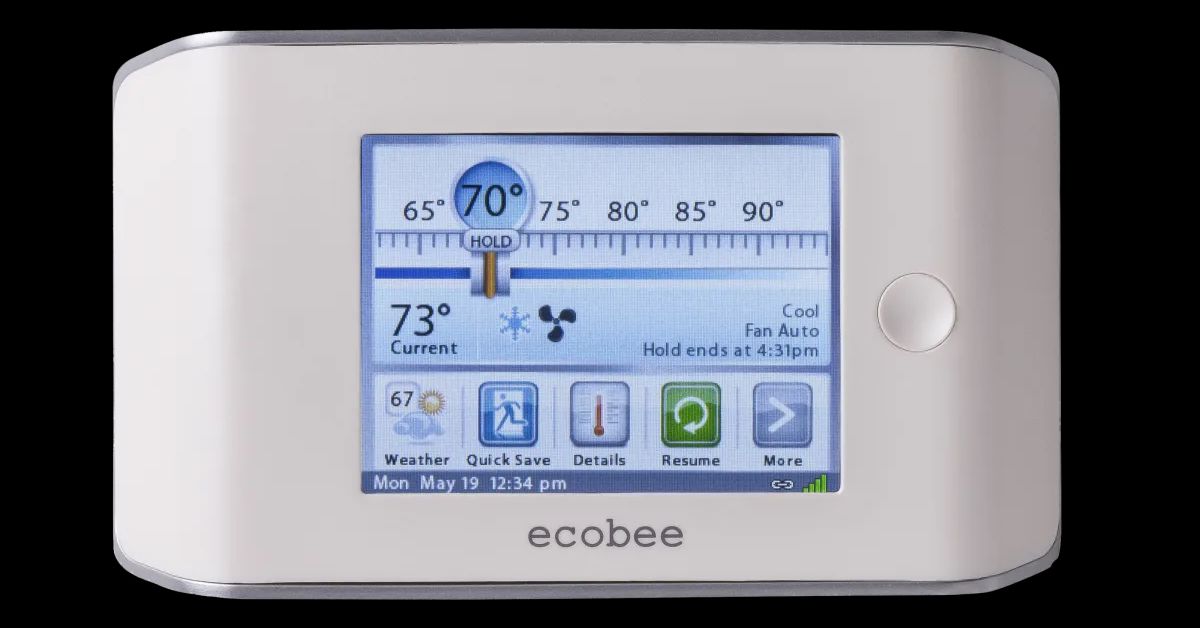The article (which nobody here bothered to open) says they’ll still function as “dumb” thermostats, so actually it’s less of a big deal.
they made it online and dont want to bother actually supporting it…
so we replacing thermostats every decade and a half now?
That’s why one uses an industry standard that is brand-independent,operates offline by design and does not require a central component besides a power supply.
Sounds like utopia?
This standard has been available since 1990 in its archaic form, since 2002 in its current form. It is downwards compatible and over 400 companies worldwide are part of the standard. HomeAssistant, ioBroker, openHAB,etc. all support it directly and there are multiple crossover gateways with other standards like DMX, ModBus, Dali,etc. exist. And no, it’s components are not more expensive once you look at the TCO.
For fucks sake, people, use KNX.
(PS: There are even a few open-source/DIY components available)
And to add another unpopular opinion:
A smart temperature control is the one I never ever need to use. Because then the room always has the temperature I want.
If you have a home office or someone is at home 24/7, then yes. Otherwise it would make sense to reduce the heating/cooling of the house when no one is home and setting the correct temp again when people are about to get back. Saves quite a few bucks.
The system does exactly that - But that is done automatically without intervention.
The system recognises by checking on our devices and the presence detectors if we are at home. If we aren’t it reduces the temperature.* Then it looks into our calendars when we can be expected to be back and increases the temperature accordingly (additionally once we enter a certain Geofence).
*:The overall heating effort is also based on the current and expected weather and sun-influx,as I have some rooms that basically heat themselves when the sun is out. The system is using that effort to adjust shades (e.g. it would allow a lower living room temperature in the morning after we left when it knows that there will likely be a sunny afternoon heating the room without the need to add external heat)
This is what I mean with smart: A smart system is only smart if the user doesn’t have to fiddle around with it. Everything else is a remote.
(My next goal is to add personalised heating. I want the system to recognise who is/comes home and adjust the temperature accordingly as my wife wants other temperatures as I do. O can do it room based, e.g. the kid’s room is adjusted according to the kid being there, but overall I am not quite there yet)
Ah, sorry, I misread your comment. I understood it as you’ll never need a smart temp control as a static temperature is always correct.
AA much hate this might be getting, they’re offering discounts on a new product, and 16 years is a hell of a lifetime. Imagine having to support software written in c99 maybe even c89, with some homebrew UI full of bugs.
and 16 years is a hell of a lifetime
Think about it like this: Even if the average home nowadays had only about 10 such devices (I am quite sure the average home has a lot more), that are needed for kitchen appliances, heating, warm water, window shutters, solar panels, etc to function - that means on average about once a year one of the essential functions in the house stops working unless you replace a part. Not because it’s broken, but because “SW support is discontinued”. Seriously, I want to smash everyones faces for those “early adopters” who think smart homes are great, and of course the companies who put software in every little component.
It’s a thermostat.
I’m coming from a field where supporting software written in the 70s is the norm.
Your argument is horribly short-sighted and wasteful.
Only 16 years old is extremely recent software that ought to be easily maintained in any sane world.
I understand you may be from a field where supporting software from the 70s is required, however someone is probably paying big bucks for that software as well. Replacing the software you work on might cost millions, replacing a thermostat costs 300 usd.
I would love to live in a world where software support lasts 70 years. But consumers don’t look at software support, so it’s not budgeted in the price, and thus doesn’t happen in the consumer space. Getting 16 years in a consumer device is long.
In the field you’re working, stability, longevity, and robustenes is probably a requirement, not a nice to have.
I’m in my house right now with a perfectly working thermostat that’s 70 years old.
And given the mechanism of action it will continue working in another 70 years.
16 years for hardware used inside of homes is a ridiculously, absurdly, short lifetime. Even for a vehicle that would be pushing the edge of “too short”.
That said 16-year-old software is not that old. If it’s built using sane language choices it should actually be functioning and modern today.
That is true, but my smart TV and smart scale both got something like 5 years of updates. Who buys a new scale every 5 years? My parents still have a scale from the 90s that works fine.
Wtf is a smart scale?
Every time somebody steps on the scale, it identifies who they are, it logs their weight, body fat percentage etc puts it into an app for historical viewing
The article says that offline functions will continue to work. So they’ll just become regular thermostats.





